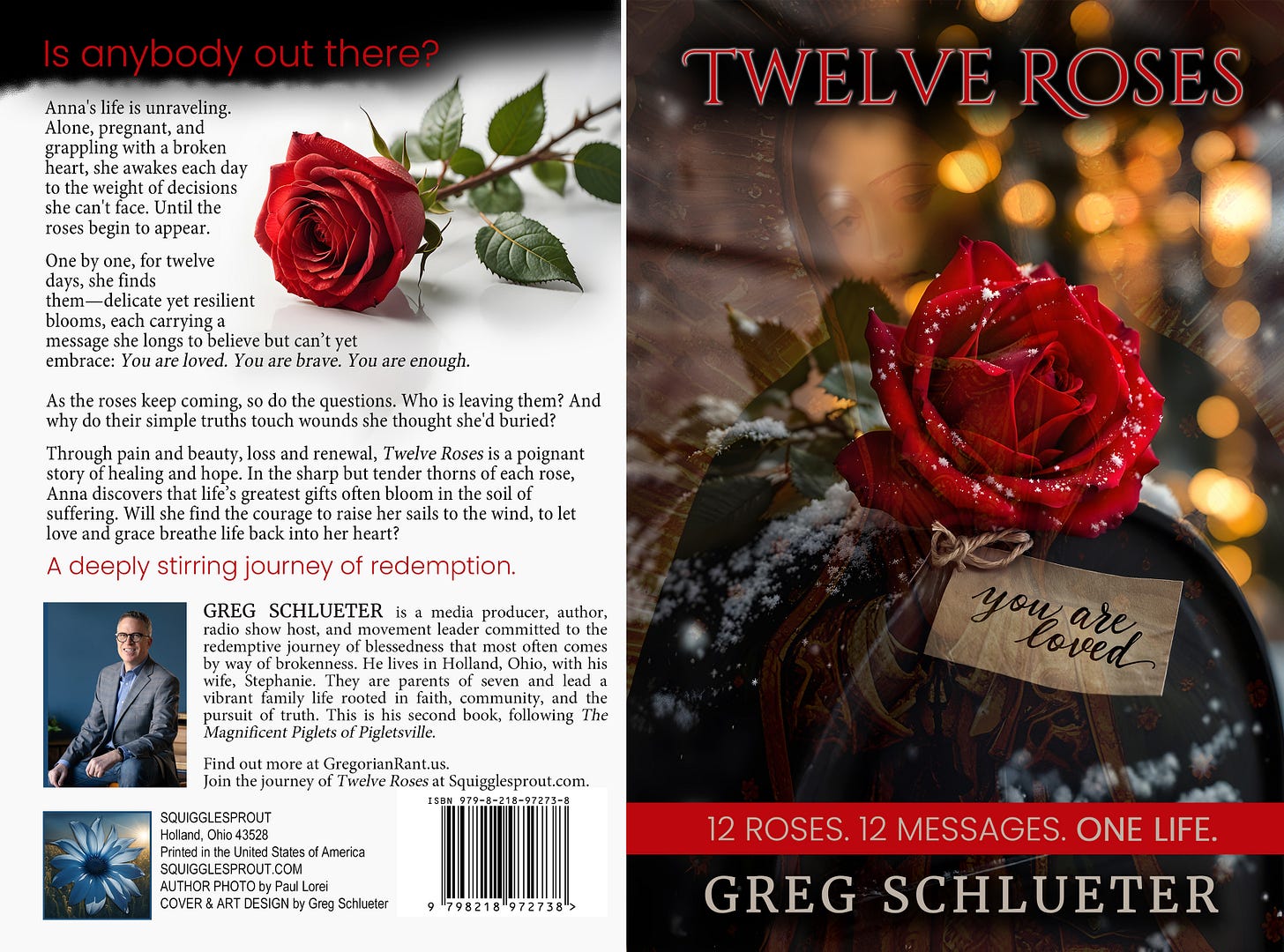Recently, Fr. James Martin invoked empathy: "I have a hard time believing that anyone would say, as Elon Musk did, 'The fundamental weakness of Western civilization is empathy'." It's a good time to take up the subject. This is my second open letter to Fr. James, following “A Tale of Two Kingdoms.”
Dear Father James Martin,
I hope this letter finds you well. I write to you with both respect for your priestly vocation and concern over the way you have framed Elon Musk’s remarks on empathy.
Before proceeding, may I ask: Is bearing false witness against one’s neighbor an act of empathy? If empathy, rightly understood, is a participation in love—desiring the objective good of another—then surely the first requirement is truth. Without truth, what you call empathy is merely sentimentality at best, manipulation at worst.
Elon Musk did not condemn empathy itself. He identified what he called an “empathy exploit”—the deliberate manipulation of human compassion to advance destructive policies, silence dissent, and excuse corruption. He is not against love, concern, or care for others; he is against the way empathy has been misused to justify self-destructive choices, cultural decay, and the neglect of real suffering.
If one is going to accuse Musk of lacking empathy, one must at least acknowledge the consequential ways in which he has acted for the good of others:
SpaceX has advanced space travel for the benefit of humanity, making interplanetary survival a possibility.
Tesla has pioneered clean energy solutions, not just for profit, but to tackle long-term environmental concerns.
Neuralink is working toward restoring mobility and communication for the disabled.
X (formerly Twitter), under his leadership, has exposed widespread corruption and government waste—waste that could otherwise be used to care for the poor and neglected.
Beyond these large-scale endeavors, Musk has personally exhibited acts of kindness that demonstrate a deep concern for others:
During the 2018 Thai cave rescue, Musk personally intervened, offering a custom-built mini-submarine to help save the trapped boys. While it was ultimately not used, his willingness to mobilize SpaceX and Tesla engineers to solve an urgent crisis showed a clear concern for human life.
In response to the devastating wildfires in Los Angeles in 2025, Musk provided free Starlink internet access to affected communities, ensuring they could remain connected with emergency services and loved ones.
He played a crucial role in securing the release of Italian journalist Cecilia Sala from detention in Iran, leveraging his connections to facilitate diplomatic negotiations.
He has made significant charitable donations, including a 2024 gift of 268,000 shares of Tesla stock, valued at nearly $112 million, to undisclosed charities.
He has assisted individuals directly, including a homeless boy whom he helped out of desperation and a teenager whose life was dramatically improved after an unexpected encounter with Musk.
Are these the actions of a man void of empathy? Or do they demonstrate a higher form of empathy—one that does not simply feel, but acts for the greater good?
On the other hand, there is such a thing as unauthentic empathy. You, Father Martin, have long advocated for the uncritical affirmation of LGBTQ lifestyles, suggesting that questioning their moral or psychological consequences is itself a failure of love. But is it truly empathetic to encourage behavior that scientifically, sociologically, and psychologically is shown to lead to higher rates of mental illness, depression, substance abuse, and STDs?
If true empathy means seeking the objective good of another, then it is neither loving nor merciful to affirm that which leads to suffering. Encouraging a path that destroys the person rather than heals them is not empathy—it is abandonment.
Would you say that a good father is empathetic if he lets his children act on every impulse? If he stands by while they touch fire or ingest poison? The image of the Church as a hospital is a powerful one, but have those who invoke it considered what a hospital actually does? A hospital does not pat patients on the back and send them home unchanged. It diagnoses, treats, and heals. It calls for transformation, not mere affirmation.
The great St. Augustine, from whom this image of the Church originates, understood this well. He did not see his sinful inclinations as something to be accepted but as wounds in need of healing. “Our heart is restless until it rests in You.”
So I ask you, Father: What kind of hospital do you envision the Church to be? One that numbs the pain of sinners so they may continue undisturbed in their wounds? Or one that challenges, confronts, and ultimately heals them?
If empathy is to mean anything at all, it must mean more than just feeling. It must mean acting for the true and lasting good of the other—even when that good is difficult, even when it requires change, even when it means saying “no.”
I invite you, then, to reconsider your position. To speak the truth, even when it is uncomfortable. To remember that bearing false witness—whether against Elon Musk or against the moral order itself—is not an act of empathy, but of deception.
And I pray that you, as a priest of Christ, will choose the higher road: the road of truth, love, and authentic healing.
MY LATEST BOOK IS HERE!




Excellent letter Greg, thank you for expressing the thoughts so many of us share! God bless you!